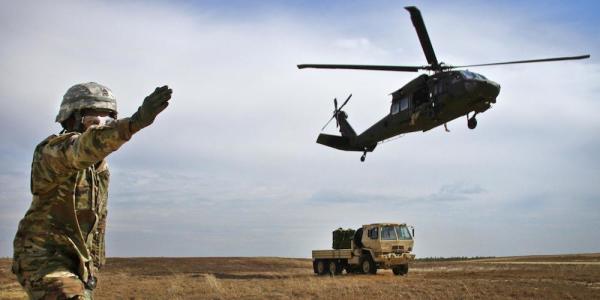

This reading list is excerpted, with permission, from the smart website “Logistics in War”:
- From Clausewitz, On War, the strategist will learn how logistics determines the ‘form or factor’ of operations.
- From Jomini, The Art of War, the commander will see how logistics is the ‘means and arrangements which work out the plans of strategy and tactics’.
- From Thorpe, Pure logistics, the commander will see way in which logistics ‘sets the stage’ for operations.
- From Eccles, Logistics in the national defense, the strategic logistician will learn of the processes of connecting the economy to the battlefield. The operational commander will learn that logistics requires control and oversight for it to be efficient and effective.
- From Magruder, Recurring logistics problems as I have observed them, the tactical commander will be shown the importance of well-trained logistics troops, and that time is won in conflict by having effective advance / forward logistics early.
- From Van Creveld, Supplying War, you will be persuaded that strategy is second to logistics in modern war. However, because militaries rarely plan on this basis, logistics often seems ‘an overcoming of a series of difficulties’.
- From Lynn, Feeding Mars; Thompson, Lifeblood of War, the operational and tactical commander will learn how contextual logistics is, and the need for adaptation in battle.
- From Huston, Sinews of War, the tactical and operational commander or logistician will learn of major principles of logistics as it applies to delivering ‘firepower or shock’, based upon a comprehensive study of centuries of conflict. Pagonis, Moving Mountains is a natural complement.
- From Macksey, For want of a nail, the commander and logistician will learn of the expansion of the ‘tail’ as compared to the ‘tooth’ with new technologies, and that logistics is fundamentally about affecting mobility (and thus time and space).
- From Tuttle, Defense logistics for the 21st century, the logistician will learn of the modern inputs to logistics capability and how they relate to expeditionary warfare.
- From Kane, Military logistics and strategic performance, the strategist will learn how logistics creates the circumstances for strategy and tactics, and is the ‘arbiter of opportunity’.
- From Engels, Alexander the Great and the logistics of the Macedonian army, and Roth, The logistics of the Roman army at war, the strategist will see how the basis of their work is found in logistics.
- From Cowen, The deadly life of logistics, the strategist will see how the geography of logistics, supply chains in all their complexity, govern national interest and strategic policy.
- From Privratsky, Logistics of the Falklands War, all will learn how logistics truly is the arbiter of strategy, how it defines operations and that it is critical to tactical success – especially in expeditionary warfare.
